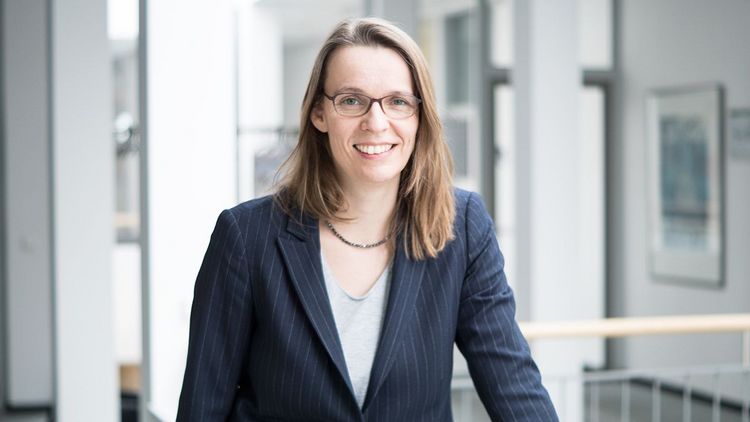The Joint Science Conference (GWK) is funding the nfdi4energy consortium in Oldenburg. The aim is to improve communication and the exchange of data and software in energy system research.
The nfdi4energy consortium (National Research Data Infrastructure for Interdisciplinary Energy Systems Research) will be funded with up to ten million euros initially for five years. The GWK is thus following the recommendation of the expert panel of the German Research Foundation (DFG). "We are delighted about this success which highlights the vital importance of both research data management and energy informatics for modern energy systems research," said Prof. Dr.-Ing. Astrid Nieße, Professor of Digitalized Energy Sytems at the University of Oldenburg and spokesperson for the project. "With our work, we want to increase the usability of research results so that they are available to the various actors in energy systems research according to their needs."
Scientific research data is generated in large quantities and takes many different forms – from historical weather data to predicted parameters for technical facilities and infrastructures to software systems. In order to increase the accessibility of such data, define standards and establish them in the respective specialist communities, a National Research Data Infrastructure (NFDI) has been set up. It consists of a network of consortia across Germany which provide infrastructure facilities for research data. nfdi4energy focuses on data and software in energy systems research that are needed for investigating pioneering technologies related to the energy transition and for the digitalization of energy systems. This data is to be made trackable, usable and optimally reusable, all the way from the initial idea for a project to the discourse with society and its transfer to industry or politics. “Particularly in an area where actors such as industry are not only users of results, but also provide relevant data themselves through their role in energy systems, we see great potential for new approaches to research data management,” Nieße explained.
In addition to the scientists from the University of Oldenburg's Department of Computing Science and the OFFIS Institute for Information Technology, researchers from the University of Freiburg, the University of Erlangen-Nuremberg, the Institute for Advanced Sustainability Studies (IASS) in Potsdam, the Karlsruhe Institute of Technology (KIT), RWTH Aachen University, the Sociological Research Institute Göttingen (SOFI) and the German National Library of Science and Technology (TIB) in Hanover are involved in the project. The Reiner Lemoine Institute in Berlin and the Fraunhofer Institute for Applied Information Technology (FIT) in Sankt Augustin are also partners in the consortium.







